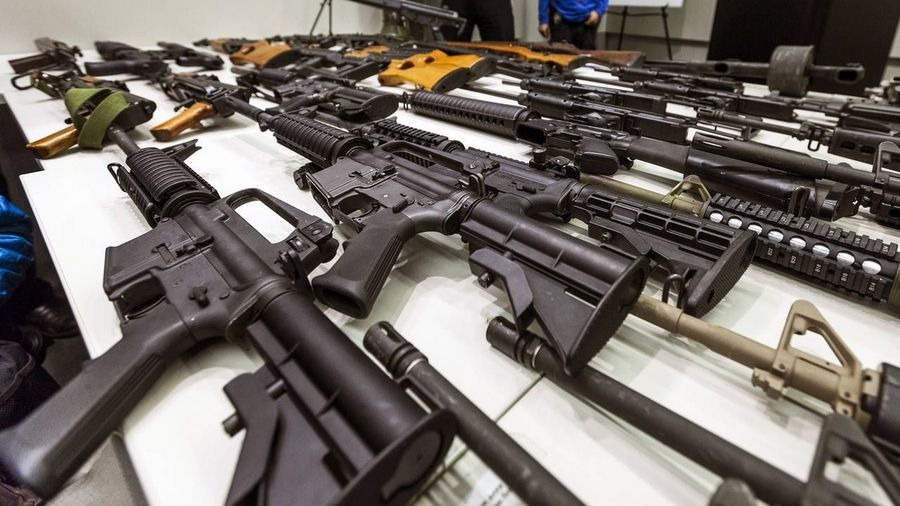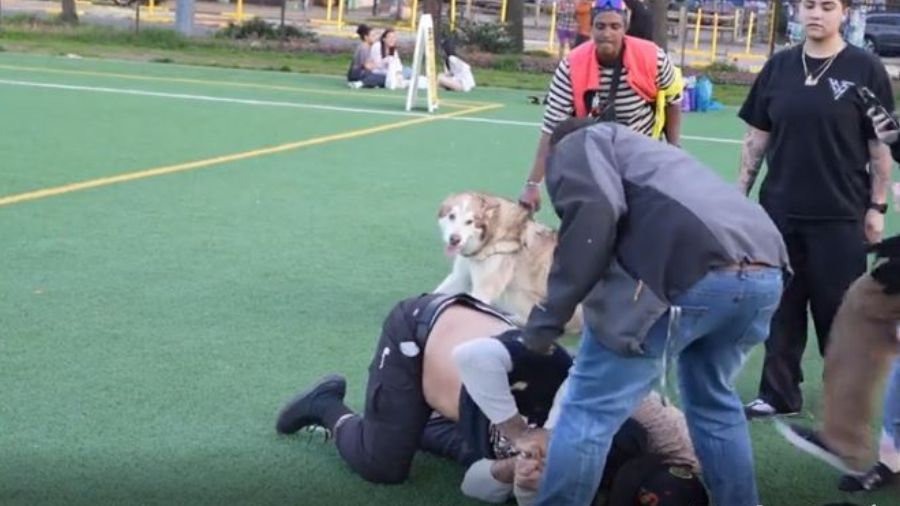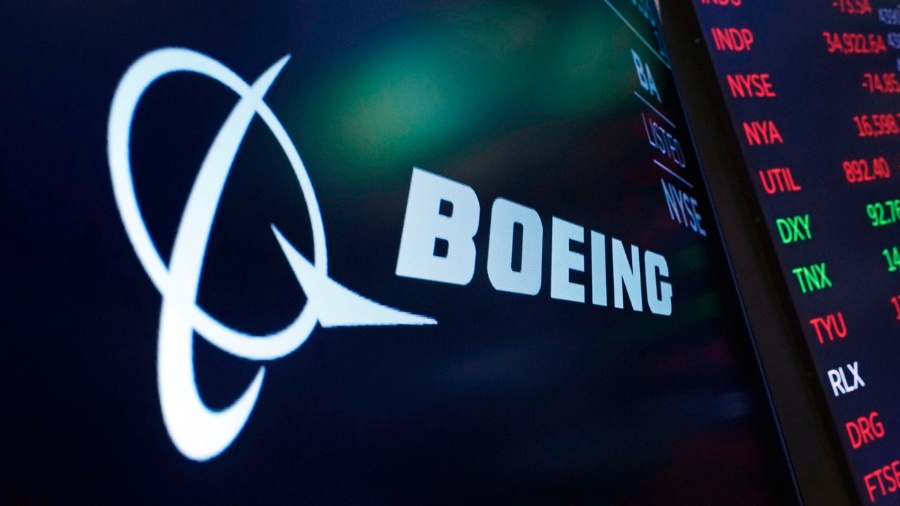King County to explore giving voters more options with push for ranked-choice ballots
Jun 21, 2021, 9:09 AM | Updated: 12:18 pm

(MyNorthwest image)
(MyNorthwest image)
Washington’s electoral system has often garnered praise for its forward-thinking approach with mail-in ballots, prepaid postage, and enhanced cybersecurity measures. In King County, County Councilmember Girmay Zahilay is leading the charge for a system he hopes could further improve those methods, known commonly as ranked-choice voting.
King County district forges ahead on smartphone voting
In practice, ranked-choice voting (RCV) eliminates the need for Washington’s top-two primaries, instead having voters rank candidates in a single November election. That means that if there are 15 candidates for an elected office, all a voter has to do is rank their favorites up to any number — they can decide they only want to rank their five favorites, or they can sort through all 15.
After that, a voter’s responsibility is finished.
“On the voter side, it’s exceedingly simple,” Zahilay told MyNorthwest.
It’s on the tabulation side where the true advantage of RCV comes into play. In that hypothetical 15-candidate race, if any one person garners 50% of the vote, the election is over and that candidate wins. In the event there’s no majority winner, though, ballots are put through an automated runoff, starting from the candidate who received the fewest 1st-place votes.
That candidate is then immediately eliminated. After that, all of the people who listed that last-place candidate as their first choice will have their second-choice votes allocated to the remaining candidates. If no candidate has a majority after that, the process repeats again and again, moving from the bottom up until someone gets to 50%.
While implementing this system represents a sizable shift, Zahilay points to several advantages for both candidates and voters, particularly in today’s divisive political times.
“In a winner-take-all system, you create a lot of negative partisanship, and a mindset among candidates and their supporters that they have to be negative toward each other,” he described. “As opposed to a RCV system, which incentivizes like-minded candidates and communities to work together and form coalitions — it reduces a lot of the polarization.”
That was seen in the Democratic primary for Maine’s 2018 gubernatorial race, where two like-minded progressive candidates — Betsy Sweet and Mark Eves — aired a campaign ad together, urging voters to rank them first and second in any order.
That was also representative of another built-in advantage to RCV, which eliminates the risk of a so-called “spoiler,” who might see a race feature two candidates with similar political views split the vote, allowing a third candidate that a majority of voters didn’t support to swoop in and win.
“We have a situation now where whenever people vote for unlikely candidates, a lot of people treat them like they’re throwing away their vote,” Zahilay noted. “With ranked-choice voting, you’re not throwing away your vote because you vote for the person that matches your values the most, and you can also rank second and third place candidates — maybe candidates you think are more likely to win. It gives you more flexibility.”
A history of ranked-choice voting in Western Washington
RCV also isn’t new to the Puget Sound region, albeit with a dubious recent history.
In 2008, Pierce County implemented ranked-choice voting for its county-level executive and assessor races, and was met with a host of issues. That included the fact that the county’s election machine vendor insisting on printing two separate ballots for voters to fill out: One for the county-level RCV elections, and another for the standard city, state, and national elections.
Between that, the purchase of new equipment and software, and outreach efforts to explain RCV to voters, costs went through the roof, eventually leading to a full repeal of the system the following year.
How Washington is fighting back against attempts to hack ballots
Over a decade later, Zahilay doesn’t anticipate similar obstacles arising today.
“A lot of time has passed since then,” he pointed out. “The technology has improved, and we have many more data points of success stories.”
Across the United States, 20 jurisdictions have been successfully using ranked-choice voting for years now, including San Francisco (since 2004), Oakland (2010), St. Paul (2011), Telluride (2008), and Santa Fe (2018). In Utah, an additional 23 cities will participate in an RCV pilot program for mayoral and city council elections in 2021, while New York City will be using it for its highly-publicized mayoral primary this week.
The plan for King County
In King County, Zahilay hopes to put it to voters in November, allowing them to decide whether to have the county council begin the process of devising a roadmap.
“If the voters come back and say yes, then the council would come together and lay out all the details: What is the timeline, when is the next election that this would be effective, what is the budget and the cost, do we already have the technology available, and has the state approved the technology?” he detailed.
“All of those things we’ll be working on in the background, but they wouldn’t go through unless the public gives us the option,” Zahilay added.
King County is also one of just a handful of voting districts even allowed to try out ranked-choice voting. While existing state laws prohibit the use of RCV, King County operates under what’s known as a “home rule charter,” giving it broad authority to amend its voting and governmental structure at the local level. In total, there are only seven such counties in Washington (King, Clallam, Whatcom, Snohomish, Pierce, San Juan, and Clark).
If RCV is approved and implemented, it would then only apply to county-level elections, leaving cities and other local jurisdictions to continue using their existing electoral systems. That said, Zahilay believes King County is also uniquely set up as a potential proving ground to expand ranked-choice voting if all goes according to plan.
“It’ll be a great test, and a great way of building momentum for ranked-choice voting for other jurisdictions like Seattle, and even the state,” he opined.
For more details on ranked-choice voting, its history across the U.S., and where it’s being used, you can head here.
Questions, comments, or feedback? Follow Nick Bowman on Twitter at @NickNorthwest to weigh in, or reach him by email at nbowman@bonneville.com.












